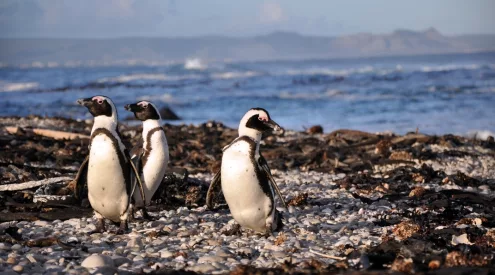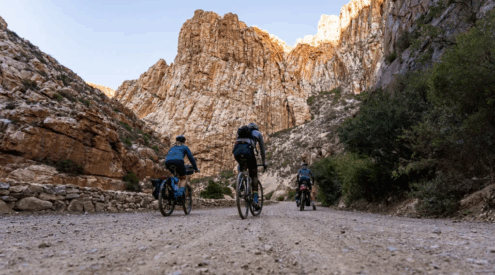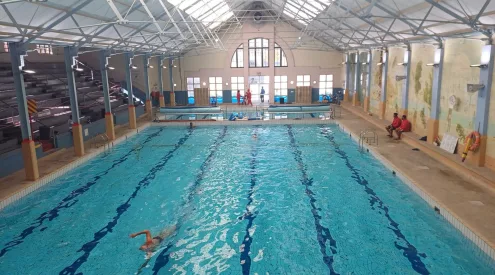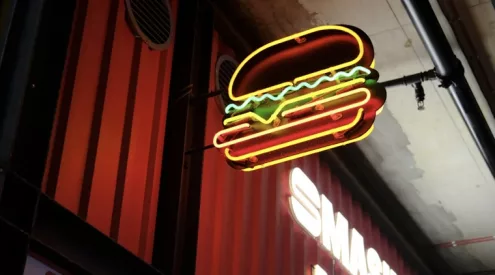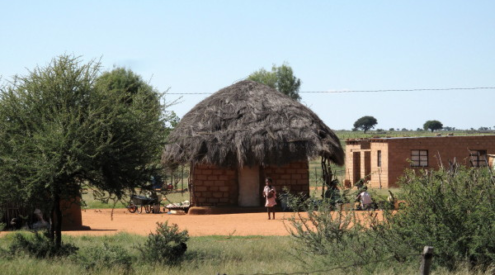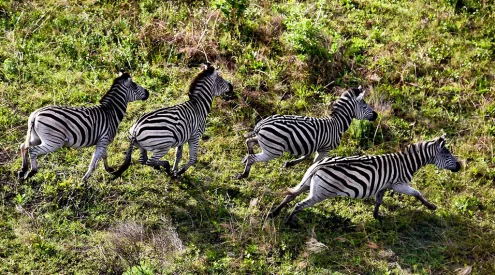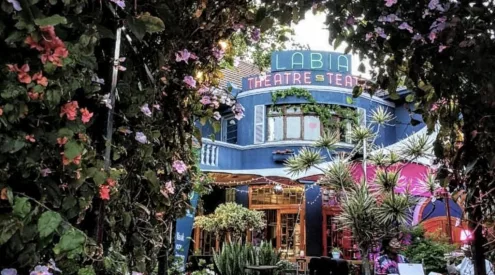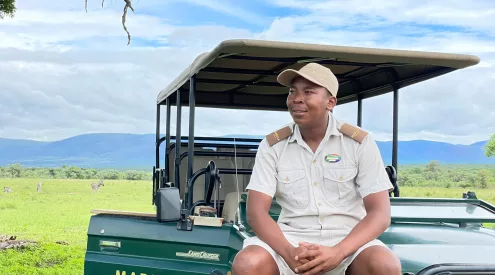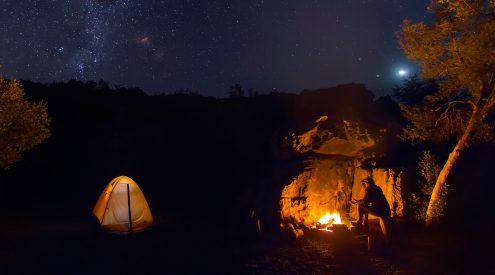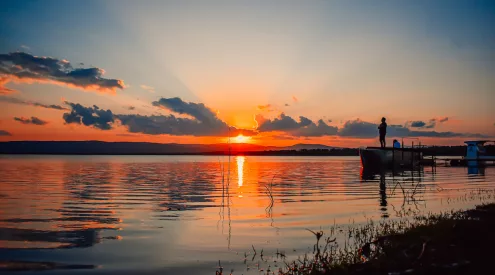As an enthusiastic amateur photographer, I’ve picked up plenty of photo tips over the last few years, hoarding them with increasing glee as the addiction’s slowly taken hold. Whether it’s to underexpose, just slightly, or the minimum ideal shutter speed for my focal length (1.6x with my cropped sensor I’m told), none in recent months have sunk home more forcefully than this simple, and obvious fact: if you love taking photos of wildlife, you simply have to be there if you want to get the shots.
Few of us are lucky enough to spend any significant time in the bush. On top of that, unless you’re with a posse of like-minded photo junkies, the tendency is to charge about looking for lions for a few hours, before heading back for beers around the campfire from 4pm. While that’s not a bad way to spend the day, it’s hardly conducive to taking amazing photographs. It’s a rare thing to sit with a group of like-minded photographers, waiting patiently for the perfect light as a hippo yawns and bares his tusks just so.
And it’s not even as if it’s as simple as being out in the bush during the ‘golden hour.’ Taking great wildlife shots requires being patient, knowing where the animals you’re interested in are likely to be, and making sure you’re there (with your camera set just right) to grab that fleeting moment.
I was up in Madikwe Game Reserve recently on a photographic workshop. What an eye-opener. Jaci’s Lodges are running a series of workshops and photo safaris with knowledgeable and passionate professionals (Nicky Silberbauer and Roger de La Harpe are lined up over the next few months) and I went up to see what it was all about.
The lodges themselves are fantastic – luxurious and beautifully situated along the banks of the Marico River, just inside the eastern boundary of the reserve. Even from the dining and lounge areas the photographic opportunities are fantastic. Each afternoon we headed back to the lodge to edit photos from our morning game ride, but with bush babies jumping around above our heads and birds to photograph from the hide by the waterhole, it was hard to put the camera down even then.
While the lodges are beautiful, it’s on the game drives where everything happens. The guides at Jaci’s are excellent and did everything they could to get us as close to the animals as possible without disturbing them. It’s Madikwe policy not to allow more than three vehicles near the same group of animals at any one time, so you never feel like you’re in the middle of a safari zoo. It does mean that you may have to rotate off a site to let someone else have a chance, but I found there was also a culture of understanding with the other guides and we often found ourselves with extended time at a site, especially if the light was just right or something particularly photogenic was happening.
Madikwe is probably the best place in South Africa to see and photograph the African wild dog and the reserve has all the Big Five as well as numerous smaller creatures, which present excellent photo opportunities in their own right. Not all wildlife has claws or tusks and our tutor had us down on our bellies snapping beetles and chameleons as well – anything that presented itself, all the while assisting with technique and answering questions, whether on the animals themselves or the best ways to capture them.
Photo safaris, I now know, do not lend themselves to long lie-ins. It’s before dawn starts and late nights around the fire in the evenings. If you like your sleep then photography probably isn’t for you anyway, but if you’re looking to learn and get an amazing game viewing experience thrown in, then this is definitely for you.
There are a number of courses coming up over the next few months, some aimed at beginners and others at the intermediate level. In June, Nicky Silberbauer from David Rogers Photography, is running a five night photo safari and Roger de La Harpe is taking a three-night beginners workshop in September and another more advanced session for in November.
Jaci’s Lodges photo workshop dates
- Five-night safari with Nicky Silberbauer from David Rogers Photography: 8 – 12 June 2012
- Three-night beginners workshop with Roger de La Harpe: 16 – 19 September 2012
- Three-night intermediate workshop with Roger de La Harpe: 18 – 21 November 2012
The beginners’ workshop covers
- Understanding your camera
- Image composition and adding impact to your picture
- The secret of using light
- The art of seeing and creating a photograph
- Camera controls
- Principles of Photography
- Using the histogram to judge exposure
- The use of “Blinkies” to prevent blown out highlights
Price
From R10 000 per person sharing for the three-night package. This includes accommodation, all meals, workshop notes, photographic game drives and photographic tuition. Reserve entrance fees and bar drinks are not included.
You’ll need
You don’t need a 400mm telephoto lenses to take great wildlife photos (well, okay, it does help), but you will be disappointed not to have some kind of zoom lens, ideally in the 200 to 300mm range, and a modern DSLR camera.
For more information on Jaci’s and to book a workshop or photo safari visit www.madikwe.com.

